Bridging the Bloodline: Emotional Intelligence in Multigenerational Wealth
We often speak of wealth as numbers—portfolios, valuations, trusts. But what if the most powerful asset in a multigenerational family isn’t numerical at all?
What if the true bridge between generations is not strategy…but emotional intelligence?
In my work with legacy families around the world, I’ve discovered a truth most advisors miss: family wealth doesn’t fail just because of market forces or poor estate planning. It fails because of emotional misalignment, broken communication, and invisible loyalties that go unspoken for decades.
Money is passed down.
But meaning is often lost in translation.
If we are to preserve wealth—and more importantly, relationship—across generations, we must start investing in something most family offices overlook:
The inner world of the bloodline.
⸻
Why I Believe Emotional Intelligence is the Missing Piece
Traditional succession frameworks focus on governance, legal protections, and tax optimization.
All essential.
All incomplete.
Because what about the unspoken grief of a matriarch watching her influence fade as her children take the helm?
Or the quiet resentment of a rising gen leader who feels trusted with money—but not with vision?
Or the inheritance of trauma, perfectionism, pressure, or silence that no estate attorney can map out on paper?
This is where emotional intelligence becomes the most underrated, yet most vital skill set in wealth preservation. Because the biggest transfers in a family are not assets—they are expectations, identities, secrets, and roles.
When families don’t name these, they get acted out.
When they don’t resolve these, they get repeated.
⸻
The Emotional Architecture of Legacy
I often tell my clients: money doesn’t raise children. People do.
And if those people haven’t done their own inner, spiritual and emotional work, what’s being passed down is not just capital, but contraction.
Here’s what emotionally intelligent families prioritize:
1. Self-Awareness Across Generations
Elders are supported in redefining their worth beyond productivity or control. The rising gen is guided to explore who they are outside the family name.
2. Emotional Transparency in Governance
Family councils that don’t just discuss assets—but also boundaries, fears, and future hopes. Meetings where emotions are not off-limits, but respected as data.
3. Intergenerational Dialogue
Purposeful, facilitated spaces where each generation learns to listen not just to what is being said, but what is being protected or feared beneath the surface.
4. Psychological Wealth Literacy
Emotional wealth intelligence training—not just for rising gen heirs, but for every family member, spouse, and steward. Because intelligence( IQ) is meaningless without integration(EQ)
⸻
Bridging the Bloodline Is Not About “Fixing” Anything
It’s about feeling what has never been felt.
It’s about saying what was never safe to say.
It’s about creating a shared language—not of control, but of coherence.
Many patriarchs and matriarchs( wealth creators) I work with come to me in a moment of quiet panic. They’ve built everything,but are afraid to pass it on. Not because they don’t trust the numbers… but because they’re unsure their family knows how to trust each other.
There’s a difference between preparing heirs financially and preparing them emotionally.
Between leaving a will and leaving a wisdom lineage.
Families who understand this are the ones who not only retain their wealth,but elevate it into something truly generational.
⸻
From Fragile Power to Fluid Legacy
We’ve seen the stats. 70% of wealth is gone by the second generation. 90% by the third.
The truth is, it’s not money that’s fragile. It’s relationships that are brittle. It’s identities that are unconsciously enmeshed with control, perfection, or pressure to earn love through achievement.
The future of multigenerational wealth lies in this new equation:
EQ + IQ = Enduring Legacy
And the bridge is not a bank account.
It’s a dinner table.
It’s a council room.
It’s a father learning how to listen.
It’s a daughter feeling safe enough to speak.
It’s a family deciding that wealth is not just what they own, but who they become…who they are.

